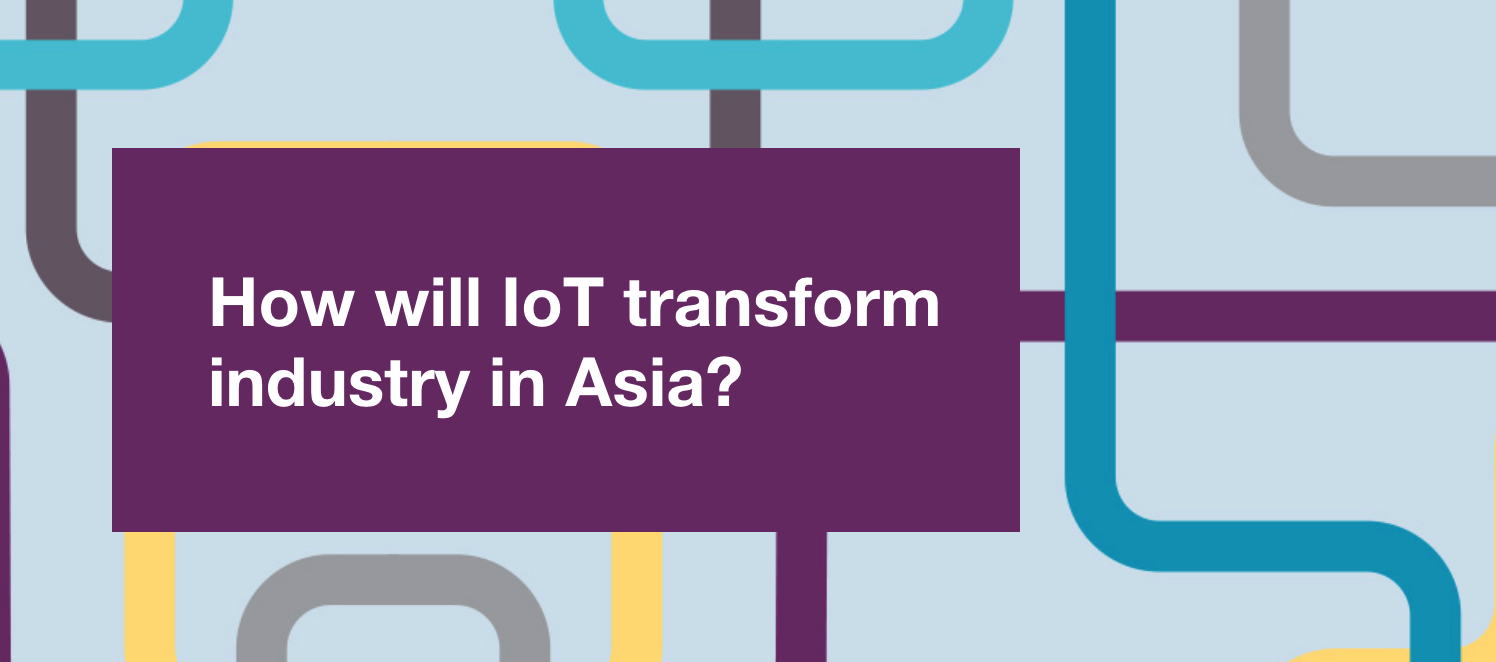24 May, 2019
As China’s manufacturing sector has grown, so too has its need for more sophisticated logistics providers. Beyond shipping to wholesale international and domestic buyers, China’s status as the world’s factory eventually led to the emergence of the country’s colossal e-commerce industry. The country’s e-commerce giants have been quick to embrace IIoT, understanding the inherent efficiency gains that the technology offers.
Brinc.io’s McLaughlin described JD.com and Alibaba as leaders of innovation, saying: “The level of innovation and what they’re willing to try [in order] to shave off a second or a penny; it’s mind boggling. They’re approaching a point of full system integration, where it’s automated from the point you pick a product at the warehouse right through to delivery to the end user.”
In July 2017, Alibaba launched a smart warehouse in Huiyang using IIoT to leverage 60 automated guided vehicles (AGVs) into handling 70% of the facility’s workload. The AGVs, which can travel at speeds of up to 1.5 metres per second and carry up to 500 kg, are responsible for picking warehouse items and transporting them to a human clerk who then packs and ships the items. Alibaba claimed the new system meant that a human warehouse worker was able to sift through 3,000 products during a 7.5-hour shift, up from 1,500 products when they had been required to pick the orders themselves. The worker’s step count was also dramatically reduced from 27,924 steps to 2,563.
The e-commerce giant’s success at Huiyang prompted it to set up another smart warehouse in Wuxi in October 2018, with close to 700 AGVs. The warehouse is part of Alibaba’s Future Park initiative, a 160,000-square metre IIoT-powered logistics complex.
Steve Suh, CEO and co-founder of e-commerce logistics provider Floship, said: “Taobao, Alibaba and JD.com have been doing e-commerce for a very long time and thus a lot more e-commerce infrastructure has been developed in China.”
Our new report reveals the readiness of Asian manufacturers and supply chain enterprises in the adoption of innovation in the Industrial Internet of Things (IIoT) and how businesses plan to solve market-specific challenges.
The report, produced in association with Osborne Clarke, produced key insights into how the internet of things is changing the face of global business, creating new opportunities in automation, smart manufacturing and predictive asset management. Focused on China, Hong Kong, India and Singapore major IoT manufacturers provided their learnings and thoughts on how Asian governments are striving to stay ahead of the fourth industrial revolution as greater industrial connectivity offers up unique opportunities for Asian markets.
To find out more, please visit report here.
For further information, please contact:
Stephen Lai, Managing Director, Conventus Law
stephen.lai@conventus21sta.wpengine.com

.jpg)





